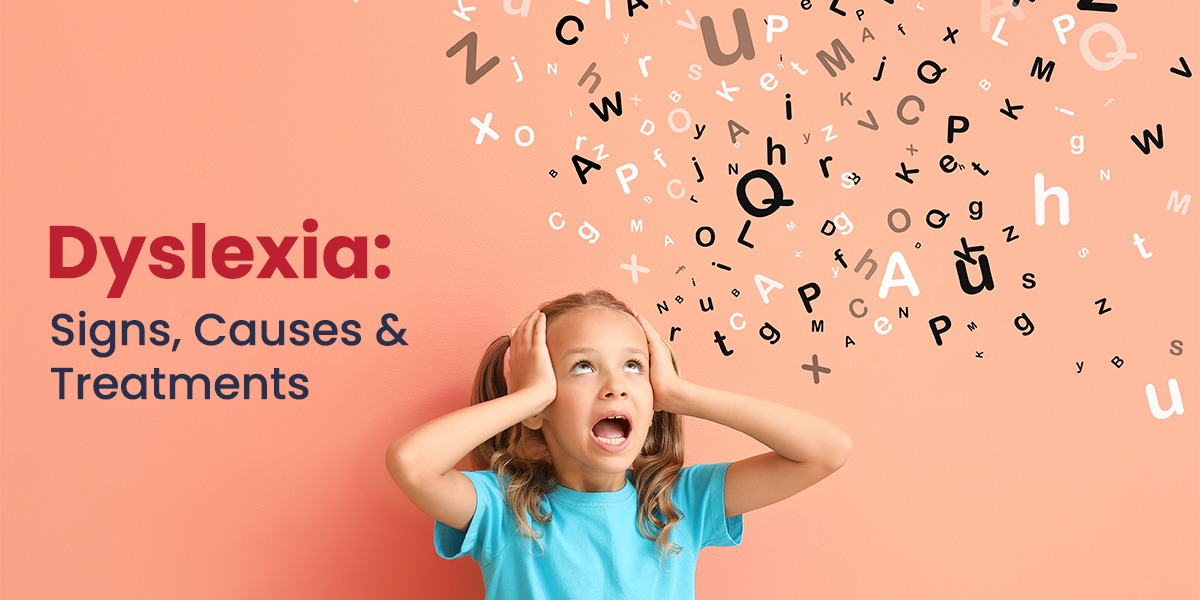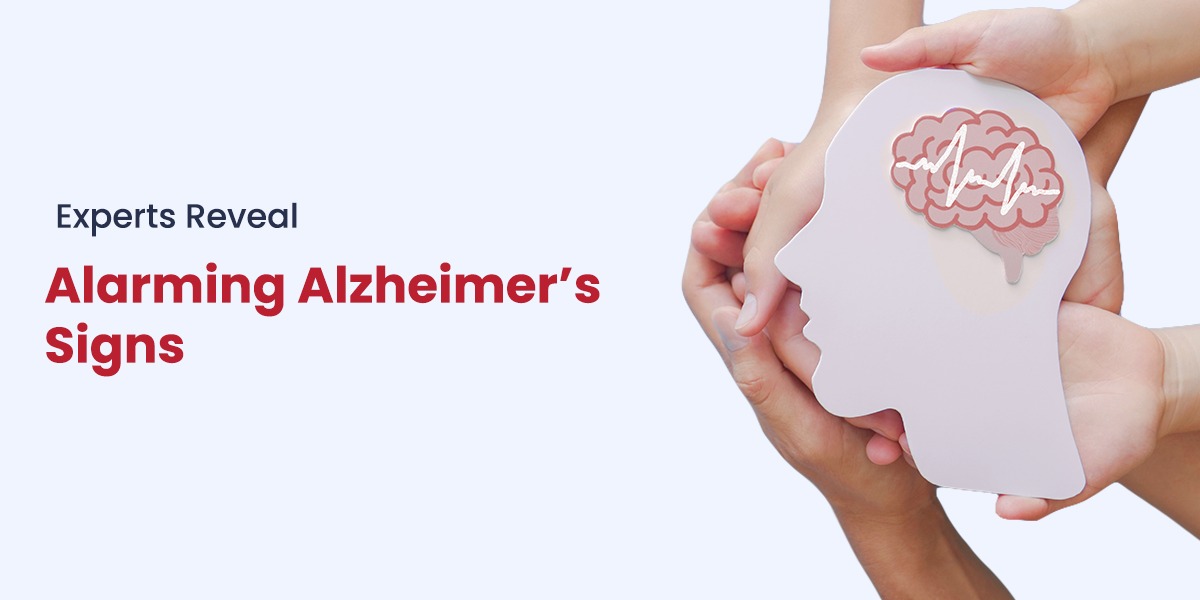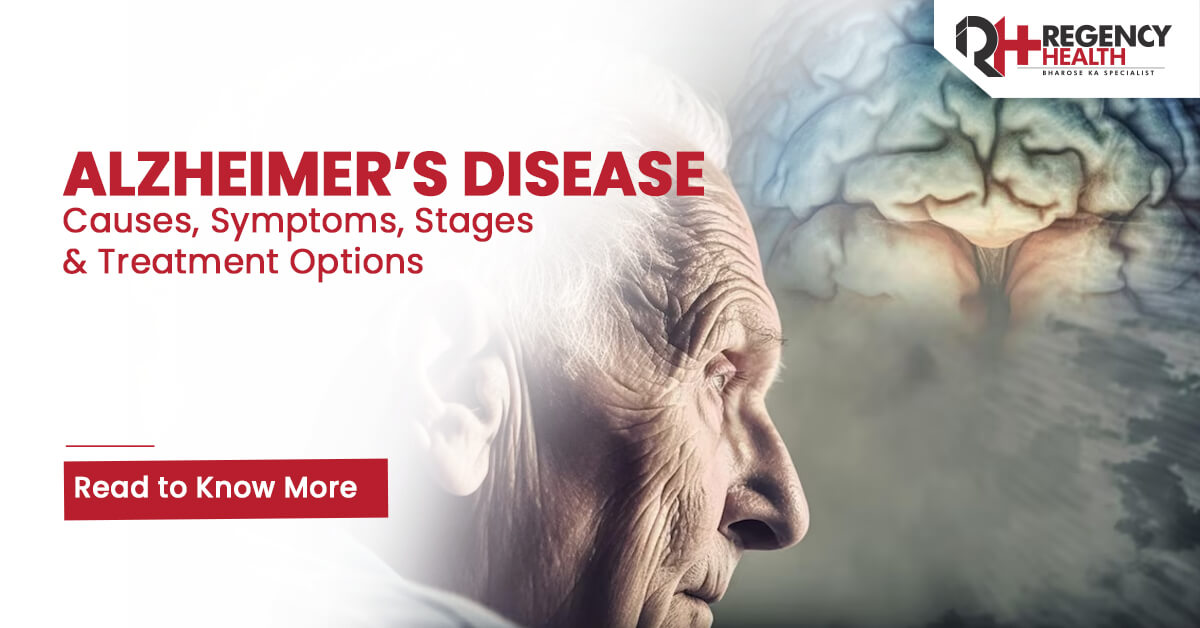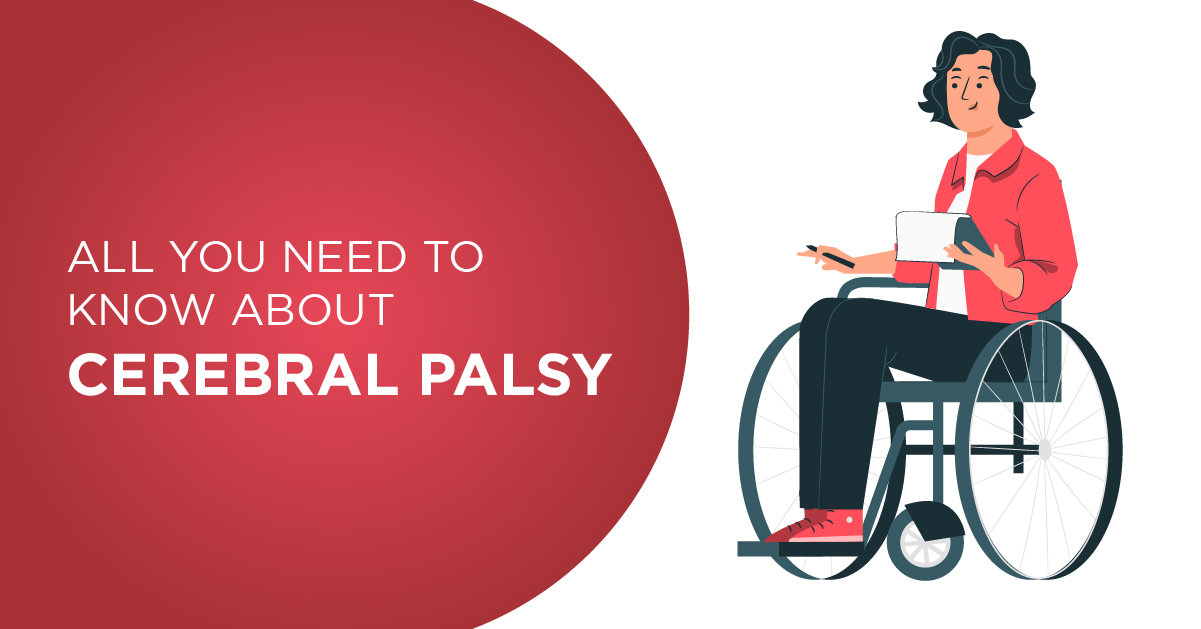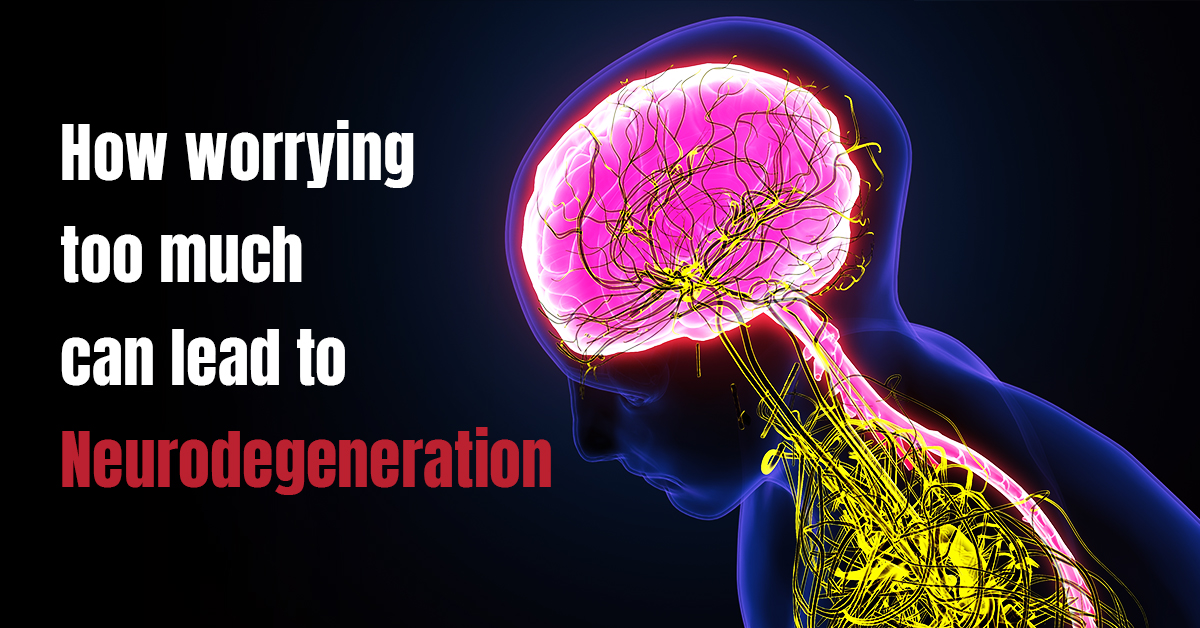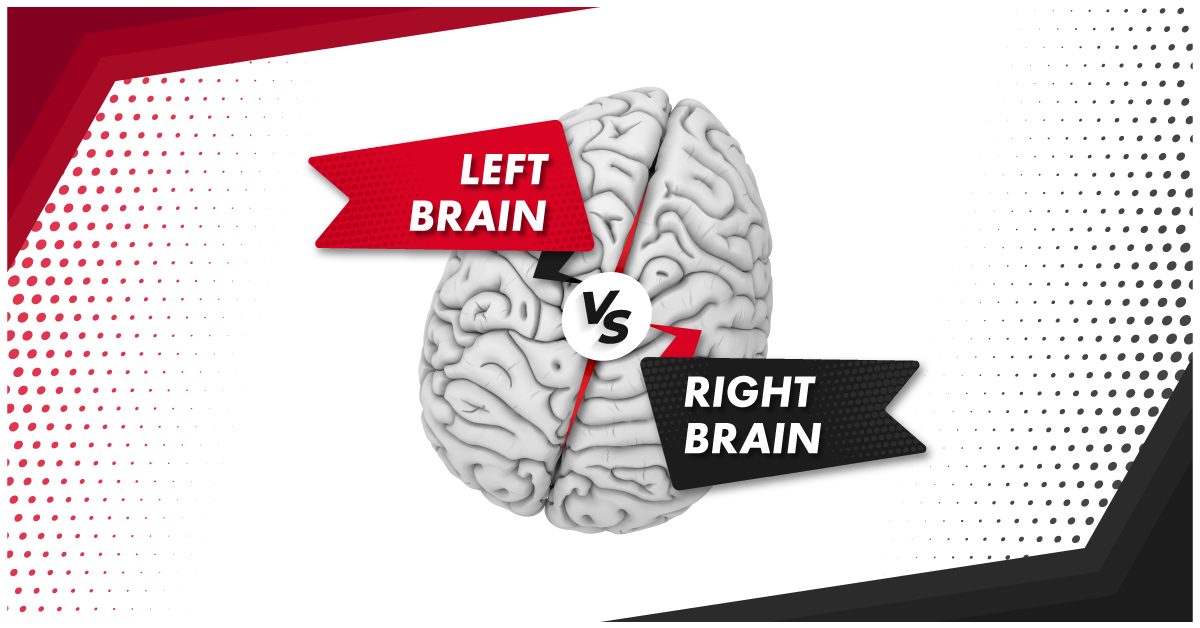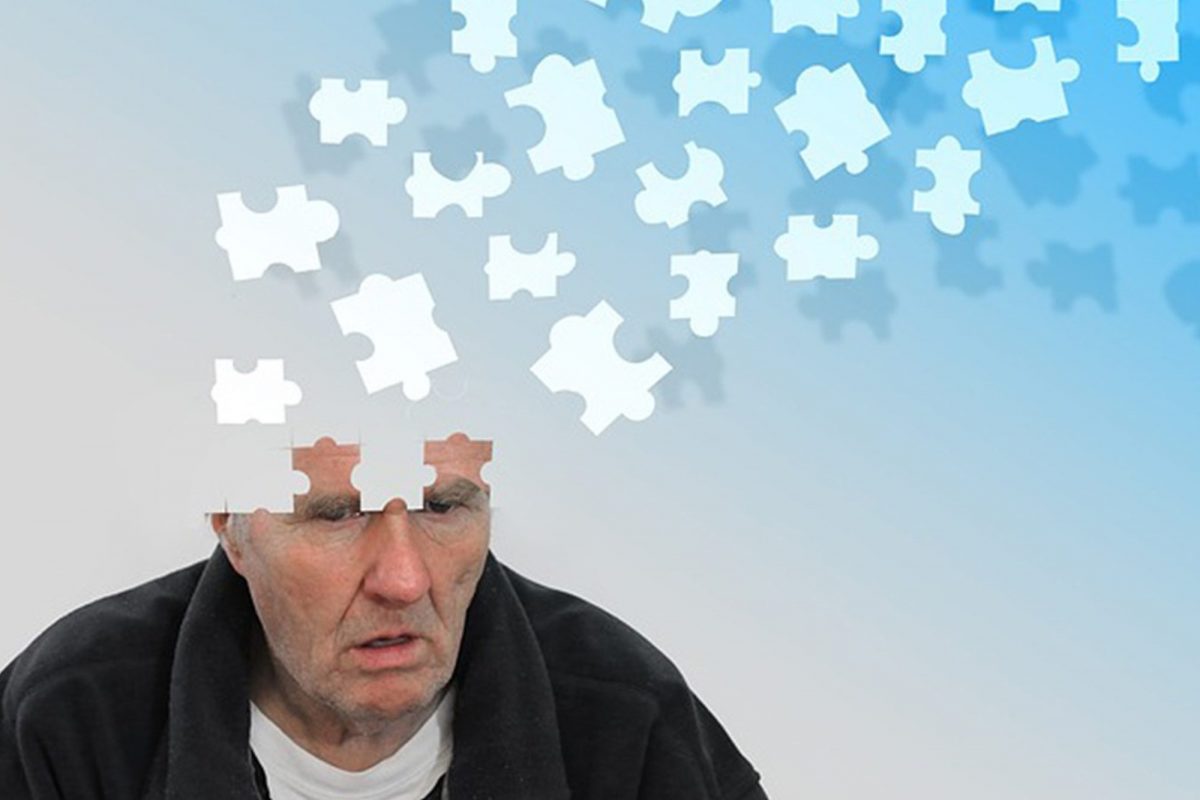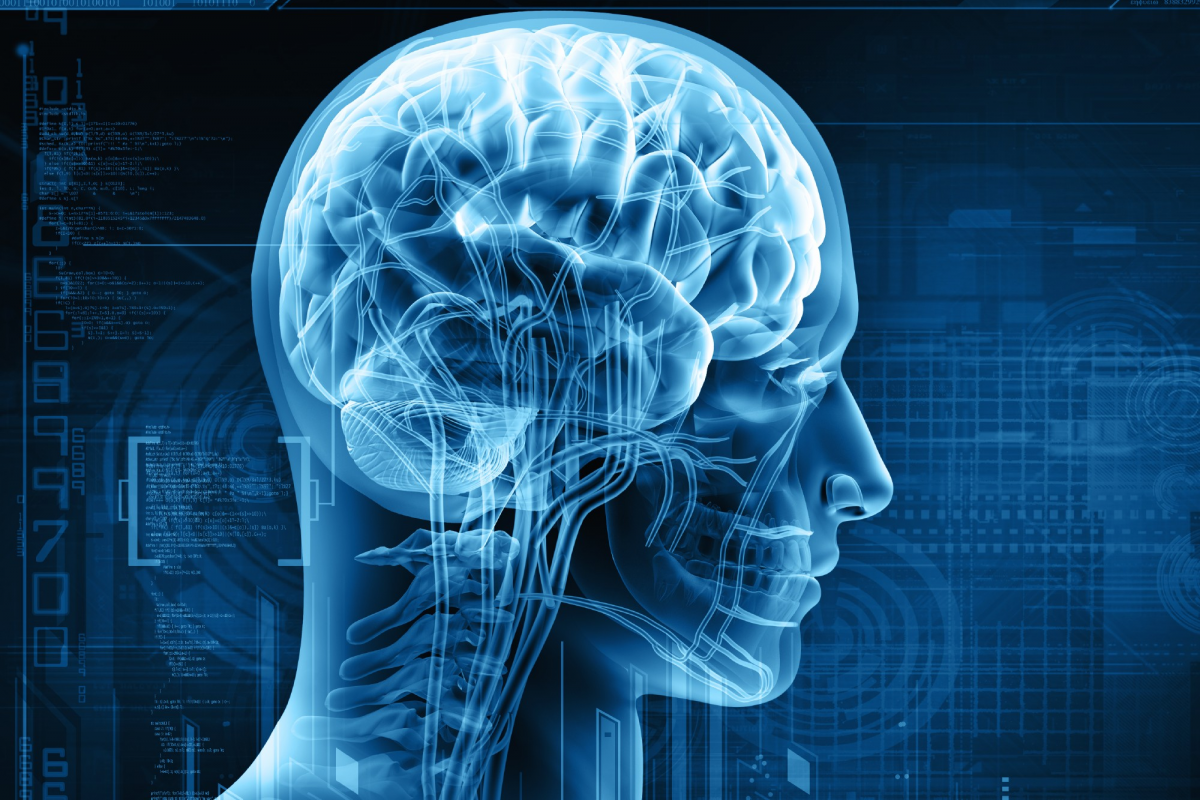Dyslexia is regarded as a learning disability among individuals where the brain shows the symptoms of an inability to recollect, read and comprehend situations promptly. People who are affected by dyslexia often end up with a cognitive disability and difficulty reading and learning a new language or anything new related to skill development.
Blogs
Sciatica occurs when you experience a sense of irritation, inflammation, or compressing effect in your lower back nerve. Though it is not a life-dangering situation, the pain can be worse. Most people feel better over time under professional guidance and treatments. However, severe cases might be an alarm for surgical correction.
Alzheimer’s is a neurological disorder that affects millions of people worldwide. It is one of the leading causes of dementia that affects people above the age of sixty. While age is one factor, some aspects can influence our chances of developing this disease.
Ever struggled to put pen to paper and get your thoughts down in a clear and legible way? For some people, this isn't just a temporary case of writer's block, this difficulty with writing isn't just a one-time thing, but a consistent challenge. This condition is called dysgraphia.
Alzheimer's disease is a neurological condition that destroys neurons and synapses, impairing memory and cognitive function. Alzheimer's disease also causes a deterioration in several behavioural and social abilities. The early stages of Alzheimer's disease typically begin in a person's 60s and last for the remainder of their lives. If Alzheimer's is not treated in the early stages, it frequently develops into dementia and can be fatal.
Cerebral palsy—also known as CP—is a condition caused by injury to the parts of the brain that control our ability to use our muscles and bodies. Cerebral means having to do with the brain. Palsy means weakness or problems with using the muscles. It develops due to brain damage shortly before or during birth.
Neurodegeneration is a disease in which the central nervous system cells start to continuously deteriorate. Neurodegeneration can worsen over time, and no cure has been discovered yet. Neurodegeneration might be genetic or due to a brain stroke or a tumour. It can also present itself in someone who consumes large amounts of alcohol or people exposed to certain bacteria or viruses.
The above question is a really popular question that is hovering at the edges of sound neuroscience. There are numerous theories and concepts that exist to explain how the right and left hemispheres of the human brain function. They also share their merits, and limitations too.
An irreversible, chronic neurodegenerative disease, Alzheimer’s destroys brain cells and disrupts an individual’s thinking ability as well as memory. It is named after Dr. Alois Alzheimer who had first identified the disease in 1906. A fatal disease, Alzheimer’s affects every aspect of the patient’s life, changing the way they think, feel and act. While scientists haven’t been able to identify its exact causes, they do have a fair idea of their most common symptoms and risk factors of Alzheimer’s disease. An active, healthy lifestyle and good eating habits can reduce the chances of Alzheimer’s disease.
Your brain, spinal cord, and nerves make up the nervous system, and they together control all the functions of the body. When something goes wrong with any one part of the nervous system, it can result in problems related to moving, speaking, swallowing, learning, or breathing. Therefore, neurological disorders can be described as the disease of the central or the peripheral nervous system and every year affects hundreds and millions of people worldwide.

 Call-an-Ambulance
Call-an-Ambulance
